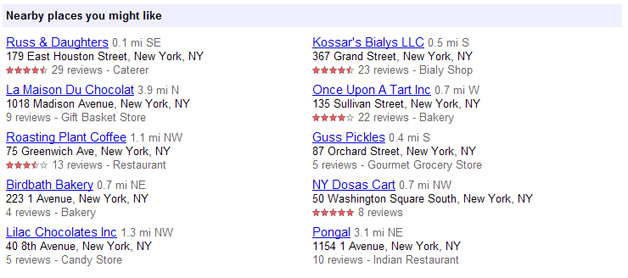As we continue to look at the fallout of the Google Panda update (more so since its international roll-out), we have yet more data to sink our teeth into.
Have you noticed an increase in local results since the Panda roll-out? Let us know.
CNET has now released some data, as it compiled about 100,000 Google results, testing Google.com in March, and then last week, just after the new update. The data reflects earlier reported data from SearchMetrics in terms of news sites benefiting and Demand Media’s eHow sliding.
One interesting element CNET’s data brings to the table, however, is that of Google’s localization and its relationship to the update.
“We also tested what happens if you connect to Google.com from an overseas Internet address. We picked one in London. We performed the same searches on the same day–the only variable that should have changed, in other words, was our location,” explains CNET chief political correspondent Declan McCullagh. “The results? Google engages in significant localization efforts, as you might imagine, with Yelp.com being the largest beneficiary by far.”
“In searches originating from the U.K., Yelp appeared only twice,” he adds. “In U.S. searches, by contrast, it was the ninth-most popular Web site, with both its topic and individual business pages weaved seamlessly into the main search results.”
SearchMetrics’ data did show yelp.co.uk as having a 29.59% boost in visibility.
Yelp picked up 45 first-page appearances for generic searches like “chocolate,” “cleaning,” “food,” “lights,” “laundry,” “tv,” and “weddings,” from a Califronia address, according to McCullagh, while Davidsbridal.com, BarnesandNoble.com, and Walgreens.com also benefited in the U.S. from localization.
It’s not all just big brands though.
Local-based results won big too, based on CNET’s testing. Not just local locations for big brands or local businesses, but locally-themed results.
“For our U.S. tests, we used an Internet address near Palo Alto, Calif., which prompted Google to rank nearby businesses and municipal Web sites near the top of search results,” McCullagh explains. “The City of Palo Alto’s Web site appears in the first page of search results for terms including ‘adventures,’ ‘art,’ ‘business,’ ‘gas,’ and ‘jobs.’ PaloAltoOnline.com makes repeat appearances (‘budget cuts,’ ‘restaurants’), as do Stanford, the Palo Alto Medical Foundation, and Mike’s Bikes.”
It’s no secret that Google has put a great deal more emphasis on local in recent times, but it’s interesting to see how this is playing out in light of the Panda update, which was seemingly unrelated (based more on content farms).
We saw how news sites and video sites appeared to come out as big winners, but this research does seem to indicate even more wins for local.
The benefits to Yelp are interesting, considering the tension there has been between Yelp and Google, regarding Google Place Pages and their use of Yelp reviews. Google’s own reviews system – Hotpot – has now found its way into Places, and right into organic search results themselves.
If you’re interested in what Google has had to say about local search relevance factors, read this.
Google is also finding more ways to improve its local listings themselves. See the “open now” and local product listings, for example. Oh, and by the way, Google just launched Map Maker for the US, so users can add their “local knowledge” to the map.
Interestingly enough, as Google focuses more on local, the competition for local eyeballs is already heavily increasing. This is not just about search in the traditional sense. You have to factor in entities like Groupon, LivingSocial, Facebook, Foursquare, and others in these companies’ respective spaces (the lines between which are getting blurrier).
The more ways people obtain the information related to local businesses from sources outside of Google, the less they’ll need to search for that information with Google.
Are Google’s results better now? Tell us what you think.

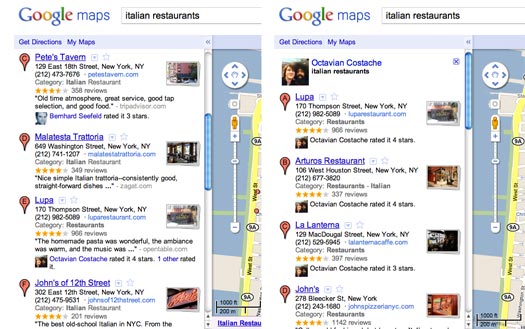
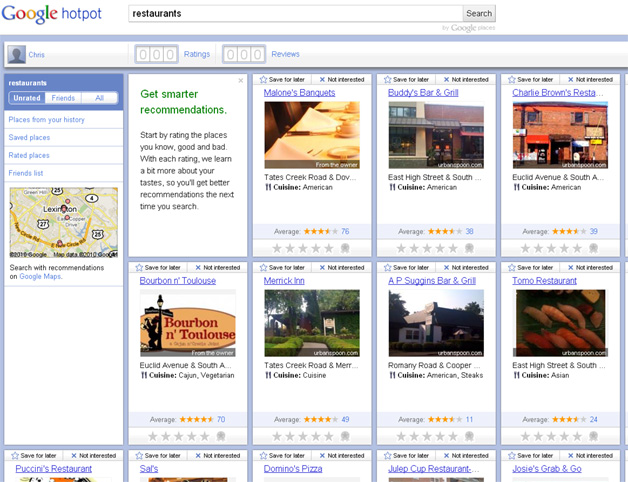
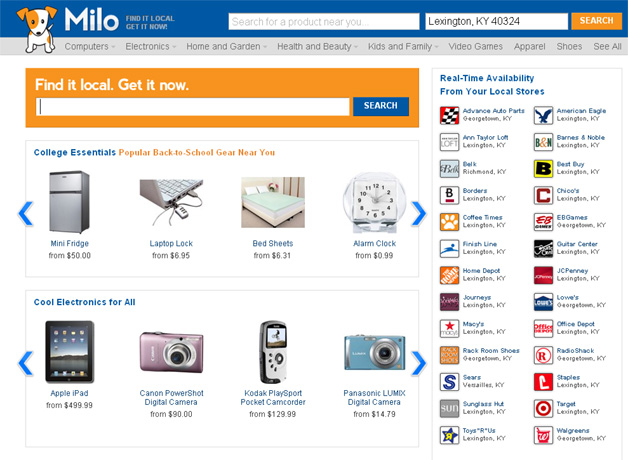


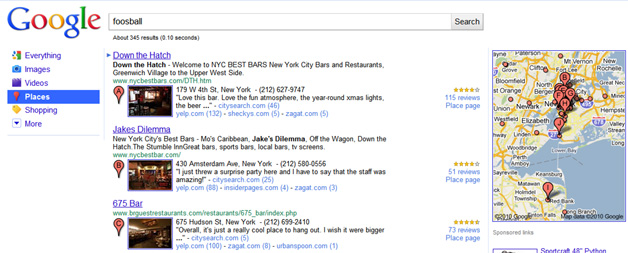

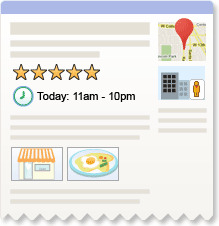 Google says to optimize for local search, you should not only use structured markup to help Google identify the places mentioned on your site, but to tell Google about your content through
Google says to optimize for local search, you should not only use structured markup to help Google identify the places mentioned on your site, but to tell Google about your content through 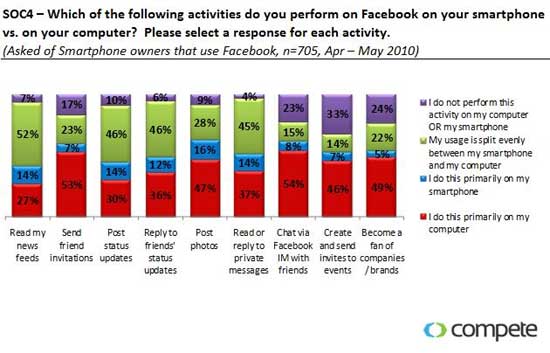
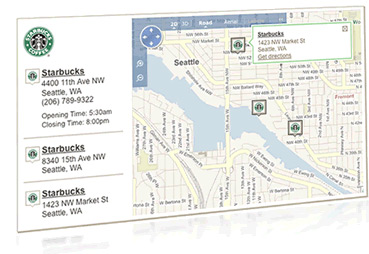

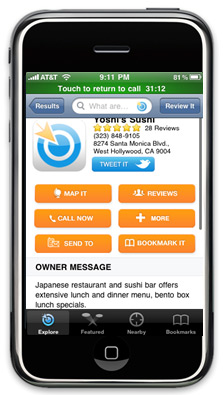

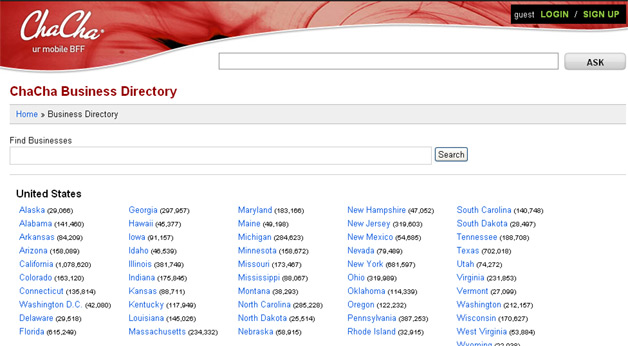
 Google is offering suggestions for "nearby places you might like" on Google Maps when you look up a place that you do like. So if you like a particular bakery, you might be presented with other places within the same vicinity that Google thinks you might also be interested in trying.
Google is offering suggestions for "nearby places you might like" on Google Maps when you look up a place that you do like. So if you like a particular bakery, you might be presented with other places within the same vicinity that Google thinks you might also be interested in trying. 